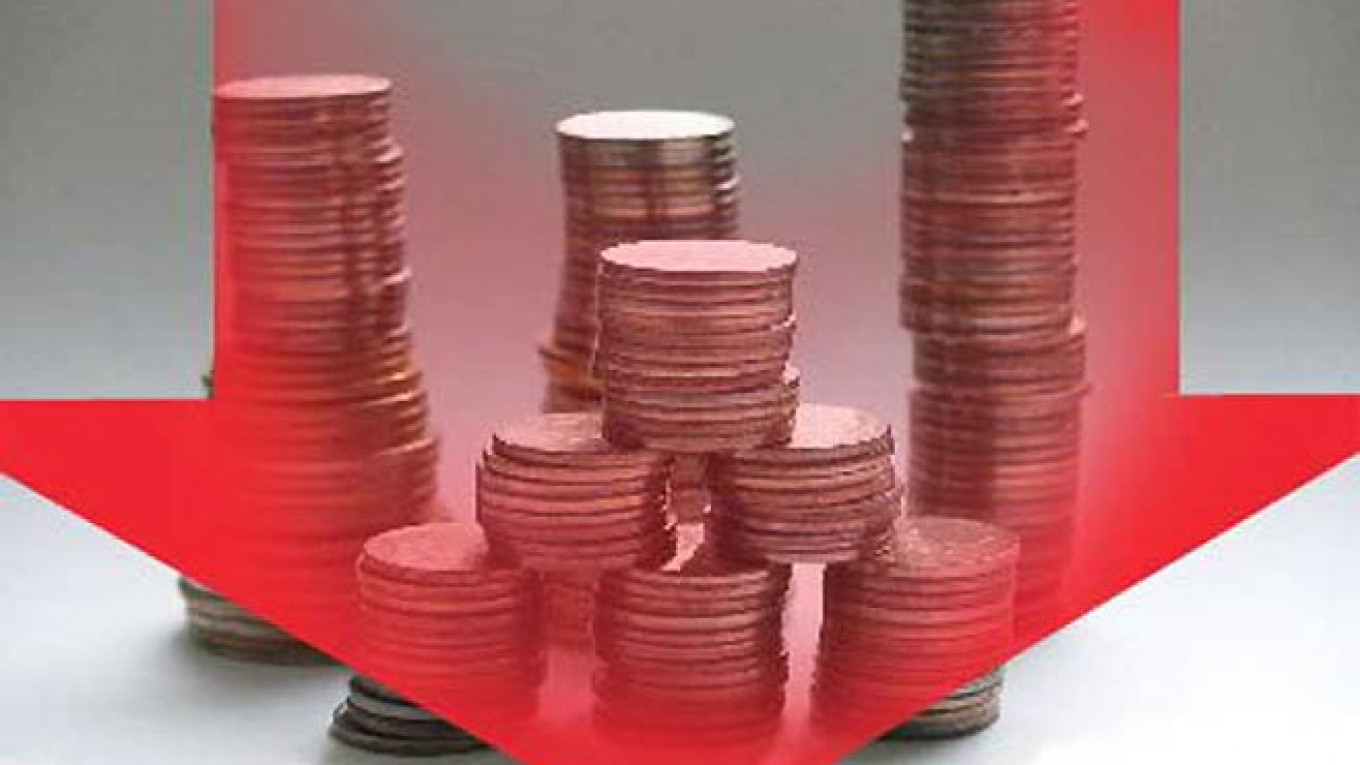 Konstantin Sonin
Konstantin SoninIt is no simple task for economists to calculate the costs of Russia's current foreign policy course, the losses resulting from frightened investors and creditors and the damage that sanctions will cause. Some claim that any lack of enthusiasm for the economy — however justifiable — is patently unpatriotic. Others hold just the opposite view, condemning any attempt to propose this or that economic policy given the position in which Russia now finds itself.
Before seizing Crimea, the government should have done more to reduce corruption and improve the climate for businesses and foreign investors. The events in Crimea and eastern Ukraine make both foreign and domestic investors even more skittish. They also lower Russians' faith in the ruble and in Russian banks.
There is now an even greater need to improve the environment for business and investors. The questions Russia's leaders need to ask themselves are: How can we give businesspeople more investment opportunities? How can we facilitate technology transfer given the worsening situation?
Under the current circumstances, Russia must focus on achieving a radical reduction in the bureaucracy for businesses by simplifying all procedures. For starters, Moscow could simplify the rules for obtaining a Russian visa and waive the need for certification if imported products have already been certified in the U.S. or the European Union.
Instead, it seems that authorities are competing with each other to see who can do the most harm to the economy. One top Russian official proposed selling off the country's dollar and euro reserves without explaining how they would be replaced. Perhaps he would prefer the yen and yuan. But a quick look at the currencies preferred by the central banks of other countries is enough to show that they are far less reliable. Maybe he feels Russia should keep its money in gold.
For every difficult and complex situation, leaders should respond with better and more responsible economic policy — and not just make matters worse.
Konstantin Sonin, a columnist for Vedomosti, is professor of economics and vice rector at the Higher School of Economics in Moscow.
A Message from The Moscow Times:
Dear readers,
We are facing unprecedented challenges. Russia's Prosecutor General's Office has designated The Moscow Times as an "undesirable" organization, criminalizing our work and putting our staff at risk of prosecution. This follows our earlier unjust labeling as a "foreign agent."
These actions are direct attempts to silence independent journalism in Russia. The authorities claim our work "discredits the decisions of the Russian leadership." We see things differently: we strive to provide accurate, unbiased reporting on Russia.
We, the journalists of The Moscow Times, refuse to be silenced. But to continue our work, we need your help.
Your support, no matter how small, makes a world of difference. If you can, please support us monthly starting from just $2. It's quick to set up, and every contribution makes a significant impact.
By supporting The Moscow Times, you're defending open, independent journalism in the face of repression. Thank you for standing with us.
Remind me later.








